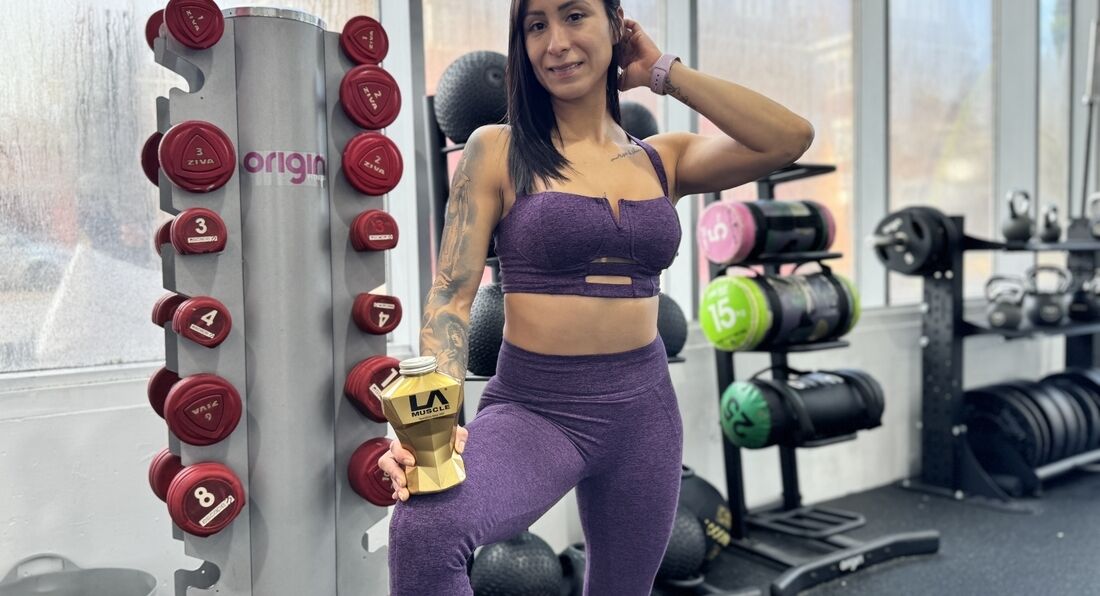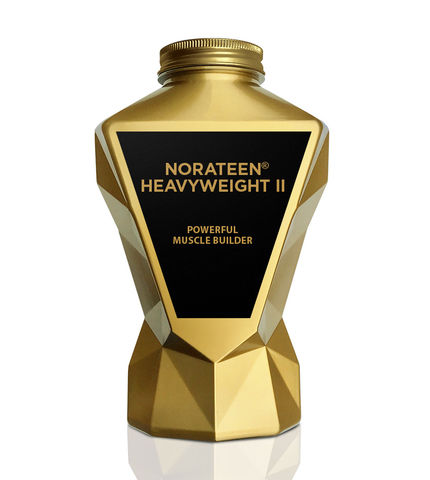Wednesday, 13th April 2022
6 High Fibre Fruits You Need To Integrate Into Your Diet
Why you should include these fruits in your diet
By LA Muscle on 13.04.2022 09:22 am
It is incredibly easy to meet your daily fibre requirement if you eat high-fibre fruits, which are nutrient-dense and delicious. Plant-based foods are great sources of dietary fibre, an indigestible complex carbohydrate.
Fibre comes in two forms: soluble and insoluble. People must eat a wide variety of high-fibre foods in their diet because each one has different effects on the body. The majority of plant-based foods contain both types of fibre.
Guava
Besides having lots of fibre (9 grams per cup), guavas also have folate, vitamins A and C, potassium. Guavas can be cut, peeled, and eaten just as one would eat an apple. The seeds are also edible.
Guavas come in different colours. Depending on the variety, the skin can be yellow, red, or purple, and the flesh, pink, yellow, or red.
Blackberries
They are well known for their fibre content and are a perfect alternative to raspberries. A cup of blackberries contains 8 grams of fibre, which ties it with raspberries as one of the fruits with the highest fibre content. Fresh or frozen blackberries can also be a good source of vitamin K and vitamin C.
Blackberries are best kept in the fridge and should be washed right before eating. They're great in smoothies or just snacking on them.
Pear
Pears are like apples in that they have different textures, flavours, and colours. No matter what kind of pear you eat, they are all high in fibre. A medium pear has 6 grams of fibre.
Pears are easy to pair with food and are a versatile fruit. Put them on cheese boards, bake them into muffins, mix them into oatmeal, or toss them in salads. Pears also taste good baked with cinnamon.
Oranges
Oranges have lots of vitamin C, but they're also full of fibre. There are about 3 grams of this fibre in each medium-sized orange.
They are also one of the best snack options when you are on the go.
Banana
Bananas are high in potassium and contain 3 grams of fibre per medium fruit. They're great snacks for physically active people because they are loaded with carbs, easy to eat, and have potassium, which may prevent cramps.
Frozen banana chunks are mixed into smoothies, sliced and enjoyed with peanut butter, or eaten fresh from the peel.
Raspberries
One cup of raspberries contains 8 grams of fibre, which makes them a prime example of fruits that contain a lot of fibre. The bright red colour is due to an antioxidant called anthocyanin.
Also, raspberries are full of phytonutrients like procyanidins, flavanols, and ellagitannins that may help fight cancer, high blood pressure, and osteoporosis.
You can enjoy fresh raspberries all year long. All the healthy nutrients are locked in while frozen, so they're available throughout the year. You can get frozen fruit almost anywhere and anytime. You save a lot of money, and spoilage happens less often.
Getting your fibre fix from fruit is easy, but make sure you eat the whole thing or blend it up. When you juice the fruit, the fibre is removed, and you won't be able to reap the benefits of that fruit.





























